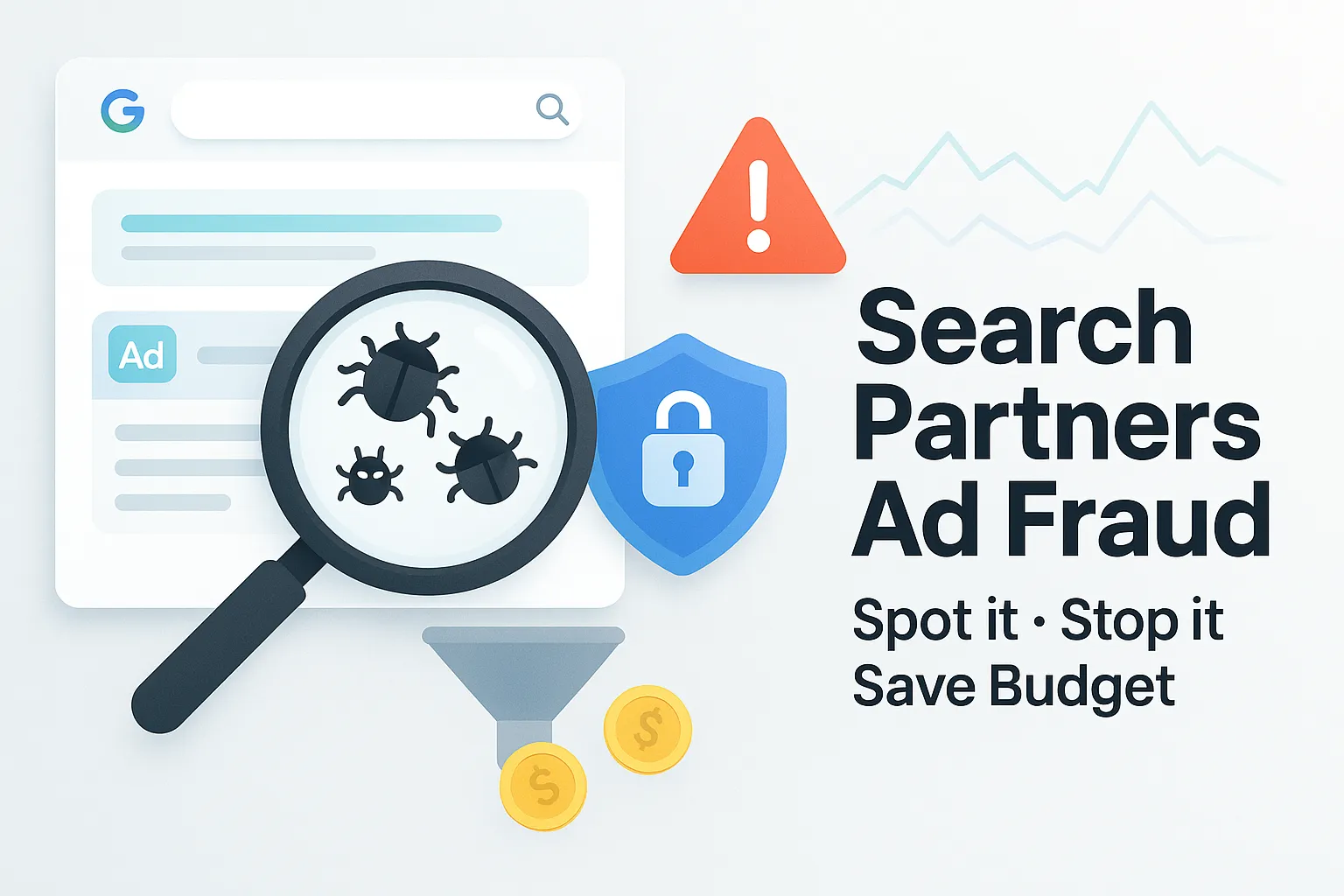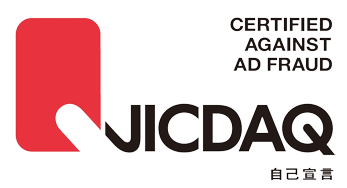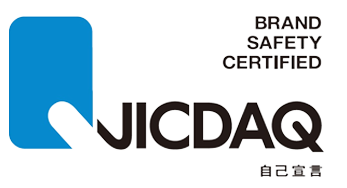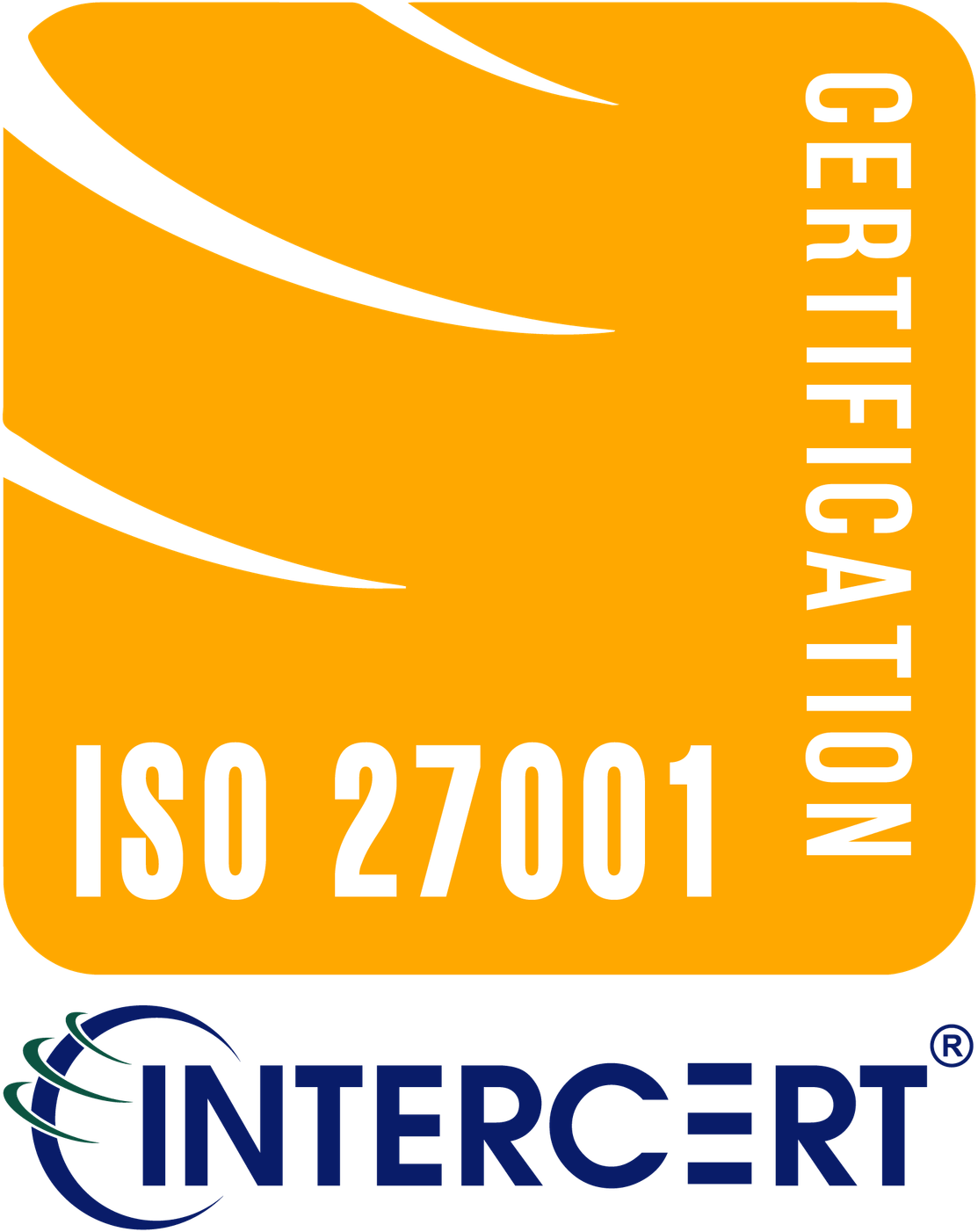B2B Marketing Measurement: Tools and Tactics for Better ROI

Measuring the effectiveness of your strategies is crucial for achieving better ROI. B2B marketing measurement is not just about tracking numbers; it's about understanding the impact of your efforts and optimizing future campaigns for success.
In this article, we'll explore the essential marketing KPIs for B2B, various B2B metrics, and the tools and tactics that can elevate your sales and marketing metrics game. Let's dive into the world of B2B marketing measurement and discover how to generate better outcomes for your marketing campaigns and business.
What Makes B2B Marketing Measurement Vital?

B2B marketing is a multifaceted realm, and marketing metrics and KPIs serve as the compass guiding your strategy. These key metrics provide insights into the performance of sales team and your campaigns, allowing you to make informed decisions and optimize your approach for maximum impact. But where should you start?
Why B2B Marketing Measurement Tools Are Imperative
To effectively measure your B2B marketing spend and efforts, you need the right tools. These tools not only simplify the process but also provide detailed insights that manual tracking can't achieve. Whether you're a seasoned marketer or just starting, investing in the right technology can make a substantial difference.
1. Marketing Metrics KPI Dashboards: Real-time Visibility
Stay on top of your marketing KPIs for B2B with intuitive dashboards. Tools like Google Analytics, HubSpot, or Marketo offer customizable dashboards that allow you to track and visualize your most important metrics at a glance. Real-time visibility empowers you to make agile decisions and adapt your strategy on the fly.
2. Product Marketing Metrics Platforms: Digging Deeper
While general B2B metrics provide an overview, product marketing metrics dive into the specifics. Platforms like Pendo or Intercom help you understand how customers interact with your products. This insight is invaluable for refining your product marketing strategies and enhancing user experiences.
Tactics for Effective B2B Marketing Measurement

Now that you have the tools, let's delve into the tactics that will elevate your B2B marketing measurement game and drive better ROI and new paying customers too.
1. Align Metrics with Business Goals
Your sales and marketing metrics should align seamlessly with your overall business objectives. Define clear goals and key performance indicators that directly contribute to your company's success. This alignment ensures that every sales process and metric you track serves a purpose in advancing your business.
2. Utilize Product Marketing KPIs for Product Success
Product marketing is a cornerstone of success. Utilize product marketing KPIs to measure the performance of your products in the market. Metrics such as customer conversion rate, satisfaction, product adoption rates, and customer lifetime value provide valuable insights into the success of your product marketing efforts.
3. Incorporate Marketing Metrics and KPIs in Cross-Channel Analysis
B2B marketing often spans multiple channels – from social media to email campaigns. A holistic approach involves analyzing marketing metrics and KPIs across all channels to understand the overall impact of your marketing efforts. Tools like Salesforce or Marketo integration can streamline this cross-channel analysis.
4. Marketing Metrics KPI Dashboards: Real-time Visibility
Stay on top of your marketing KPI B2B with intuitive dashboards. Tools like Google Analytics, HubSpot, or Marketo offer customizable dashboards that allow you to track and visualize your most important marketing metrics and KPIs at a glance. Real-time visibility empowers you to make agile decisions and adapt your B2B marketing strategy on the fly.
5. Product Marketing Metrics Platforms: Digging Deeper
While general B2B metrics provide an overview, product marketing metrics dive into the specifics. Platforms like Pendo or Intercom help you understand how customers interact with your products. This insight is invaluable for refining your product marketing strategies and enhancing user experiences.
6. Attribution Modeling Tools
Attribution modeling is crucial for understanding the customer journey and assigning credit to various touchpoints along the way. Tools like Bizible or Adobe Analytics offer sophisticated attribution models that go beyond basic first-touch or last-touch attribution. This helps you allocate your marketing budget more effectively by recognizing the true impact of each touchpoint in the conversion path.
7. CRM Integration: Seamless Data Flow
Integrating your marketing measurement tools with Customer Relationship Management (CRM) systems like Salesforce or HubSpot CRM ensures a seamless flow of data between marketing teams and sales teams. This integration provides a comprehensive view of the customer lifecycle, allowing you to analyze how marketing efforts contribute to lead generation, nurturing, and ultimately, conversions.
8. Marketing Automation Platforms
Efficiency is key in B2B marketing, and marketing automation platforms like Marketo, Pardot, or Eloqua play a pivotal role. These tools not only automate repetitive tasks but also offer robust analytics features. By streamlining workflows, you can focus on strategic aspects of your campaigns while the platform takes care of routine processes, leading to improved productivity and better utilization of resources.
9. Social Media Analytics
While social media is a powerful B2B marketing channel, it's essential to move beyond vanity metrics such as likes and shares. Tools like Hootsuite or Sprout Social provide in-depth analytics, allowing you to measure the true impact of your social media efforts. This includes audience demographics, engagement rates, and the correlation between social media activities and your website traffic and conversions.
10. Customer Surveys and Feedback Tools
In addition to quantitative data, gathering qualitative insights is equally vital. Tools like SurveyMonkey or Qualtrics enable you to collect feedback directly from your B2B customers. Understanding their pain points, preferences, and satisfaction levels helps you refine your marketing strategies and tailor your messaging to better resonate with your target audience.
11. Cost-Per-Acquisition (CPA) Calculators
Knowing the cost of acquiring a customer is fundamental for assessing the return on investment (ROI) of your marketing campaigns. CPA calculators, often integrated into advertising platforms like Google Ads or LinkedIn Ads, allow you to measure the cost-effectiveness of each campaign. This precision in ROI assessment is essential for optimizing your budget allocation and focusing on the channels that yield the best results.
Investing in a comprehensive set of B2B marketing measurement tools equips your team with the data-driven insights needed to refine strategies, maximize ROI, and stay competitive in the ever-evolving landscape of B2B marketing. Marketing metrics KPI play a pivotal role in this journey, each key performance indicator providing a solid foundation for informed decision-making and strategic planning.
B2B Metrics Best Practices: A Checklist for Success
To optimize your B2B metrics strategy, consider the following checklist:
- Define Clear Objectives: Clearly outline your business objectives and align your sales and marketing metrics accordingly.
- Regularly Review and Update Metrics: The B2B landscape is dynamic. Regularly review your metrics to ensure they remain relevant and aligned with business goals.
- Benchmark Against Industry Standards: Compare your B2B metrics against industry benchmarks to gauge your performance and identify areas for improvement.
- Implement A/B Testing: Experiment with different strategies and measure the results through marketing KPIs for B2B to refine your approach continuously.
How To Fast-Track Your B2B Marketing Results

As we step into 2024, the landscape of B2B marketing measurement continues to evolve. Stay ahead of the curve with these key trends and insights:
1. AI-Powered Analytics
Integrate artificial intelligence into your B2B metrics analysis for predictive insights. AI can analyze vast datasets, identify patterns, and provide recommendations for optimizing your marketing strategies.
2. Personalization Metrics
Tailor your marketing efforts with a focus on personalization metrics. Product marketing metrics can include personalized customer journeys, content engagement, and targeted messaging, ensuring your B2B content marketing campaigns resonate with your audience on a personal level.
3. Enhanced Security for Marketing Metrics and KPIs
As the importance of marketing metrics and KPIs grows, so does the need for robust security. Ensure that your data is secure and compliant with industry regulations, providing stakeholders with confidence in the accuracy and confidentiality of your metrics.
4. Empower IT Technicians with Insights
IT technicians play a crucial role in ensuring the smooth operation of marketing technology. Equip them with insights into marketing metrics KPI, enabling them to monitor performance and address any technical issues promptly. A collaborative approach between the marketing team and IT ensures a seamless and efficient marketing infrastructure.
5. Multi-Channel Attribution Modeling
Implement advanced attribution models to gain a comprehensive understanding of the customer journey across various touchpoints. Move beyond marketing KPIs single-touch attribution to multi-touch models, considering the impact of different channels at different stages of the buyer's journey. This holistic approach provides a more accurate representation of the value each channel contributes to conversions, helping you refine your B2B metrics and product marketing KPIs strategies.
6. Customer Lifetime Value (CLV) Optimization
Shift your sales leads' focus from short-term gains to long-term relationships by emphasizing the optimization of marketing metrics and KPIs, particularly customer lifetime value (CLV). Identify strategies to enhance customer retention, upsell opportunities, and cross-selling, ensuring that your sales and marketing metrics not only acquire customers but also maximize their value over time.
7. Real-Time Analytics for Agile Decision-Making
Embrace real-time analytics to make agile and data-driven decisions. In the fast-paced B2B landscape, being able to react swiftly to market changes and customer behavior is crucial. Utilize tools and platforms that provide real-time insights, allowing your team to adapt and optimize marketing KPIs on the fly and continuously refine B2B metrics to meet evolving business needs.
8. Voice Search Optimization for B2B Content
With the rise of voice-activated devices and virtual assistants, optimize your product marketing metrics for voice search. Tailor your content to match the conversational tone of voice queries, ensuring that your brand remains discoverable in this rapidly growing segment of search traffic. By incorporating marketing metrics and KPIs specific to voice search, you can better understand the effectiveness of your content in this emerging channel.
9. Influencer Marketing in B2B
Explore the potential of influencer marketing in the B2B space. Identify key industry influencers who can amplify your brand message and reach a wider audience. Collaborate with thought leaders and experts to build credibility and trust within your target market, measuring the impact through B2B metrics focused on influencer reach and marketing metrics KPIs tied to engagement.
10. Agile Marketing Practices
Adopt agile marketing methodologies to respond quickly to changing market dynamics. Break down larger marketing initiatives into smaller, manageable tasks, allowing for continuous improvement and flexibility. This approach ensures that your sales and marketing metrics stay adaptive and aligned with evolving industry trends, with a focus on marketing metrics KPI that gauge the effectiveness of agile strategies.
11. Interactive Content Strategies
Enhance engagement by incorporating interactive content into your B2B marketing efforts. Utilize quizzes, polls, calculators, and other interactive formats to capture audience attention and encourage participation. Interactive content not only provides valuable data but also fosters a more immersive and memorable brand experience. Measure the success of these strategies through product marketing metrics related to interactive content engagement and marketing KPIs reflecting overall audience interaction.
12. Globalization and Localization Strategies
If your B2B marketing extends across borders, consider globalization and localization strategies. Tailor your campaigns to resonate with the cultural nuances and preferences of different regions, ensuring that your messaging remains relevant and impactful on a global scale. Use marketing metrics KPI analysis to understand the effectiveness of global campaigns and B2B metrics specific to localized efforts in different markets.
13. Sustainability and Corporate Social Responsibility (CSR) Integration
Integrate sustainability and CSR initiatives into your B2B marketing strategy. Demonstrate your commitment to social and environmental responsibility, as businesses increasingly prioritize partnerships with ethically conscious organizations. Highlighting your sustainability efforts can set your brand apart and resonate positively with product marketing KPIs and marketing metrics and KPIs focused on corporate responsibility.
Mastering B2B Marketing Measurement for Optimal ROI
Success hinges on your ability to measure, analyze, and optimize your strategies. By leveraging the right B2B marketing measurement tools and tactics, aligning metrics with business goals, and staying ahead of industry trends, you can elevate your marketing game and achieve better ROI. Embrace the power of marketing KPIs for B2B to guide your decisions and pave the way for sustained success in the competitive B2B landscape.
Remember, the journey to better ROI begins with effective measurement – a journey that transforms data into actionable insights and charts the course for continued revenue growth and B2B marketing success.
Frequently Asked Questions about B2B Marketing Measurement
Why is b2b marketing measurement essential for businesses?
B2B marketing measurement is essential because it allows businesses to assess the effectiveness of their strategies. By studying sales and marketing metrics, companies gain actionable insights into marketing campaign and performance, enabling informed decisions and optimization for maximum impact.
How do marketing metrics and KPIs act as a compass for B2B marketing strategies?
Marketing metrics and KPIs serve as a compass by providing insights into the performance of B2B marketing campaigns. They guide strategy by offering a clear understanding of what works and what needs optimization. This ensures that B2B metrics align with overarching business goals.
Which tools are recommended for B2B marketing measurement?
To enhance B2B marketing measurement, tools like Google Analytics, HubSpot, or Marketo are recommended. These platforms offer customizable dashboards for real-time visibility into critical marketing KPIs for B2B, empowering businesses to make agile decisions and adapt strategies on the fly.
How can product marketing metrics platforms benefit B2B marketing?
Product marketing metrics platforms, such as Pendo or Intercom, delve into specifics of customer acquisition, helping businesses understand how customers interact with their products. This insight is invaluable for refining product marketing strategies and enhancing user experiences, contributing to better B2B marketing measurement.
Why is it important to align sales and marketing metrics with business goals?
Aligning sales and marketing metrics with business goals is crucial to ensure that every tracked metric contributes directly to the company's success. This alignment provides a purposeful approach to advancing the business and optimizing B2B marketing measurement for better ROI.
How do product marketing KPIs contribute to the success of products in the market?
Product marketing KPIs measure the performance of products in the market by assessing customer acquisition cost, satisfaction, product adoption rates, and the average customer and lifetime value. These metrics offer valuable insights into the success of product marketing efforts, contributing significantly to overall B2B marketing measurement.
What role does cross-channel analysis of marketing metrics and KPIs play in B2B marketing?
Cross-channel analysis involves examining marketing metrics and KPIs across various channels, providing a holistic view of the overall impact of B2B marketing efforts. Tools like Salesforce or Marketo integration can streamline this process, offering comprehensive insights for effective B2B marketing measurement.
What is the significance of incorporating B2B metrics best practices?
Incorporating B2B metrics best practices involves defining clear objectives, regularly reviewing and updating metrics, benchmarking against industry standards, and implementing A/B testing. This checklist ensures an optimized B2B metrics strategy, contributing to effective B2B marketing measurement.






















